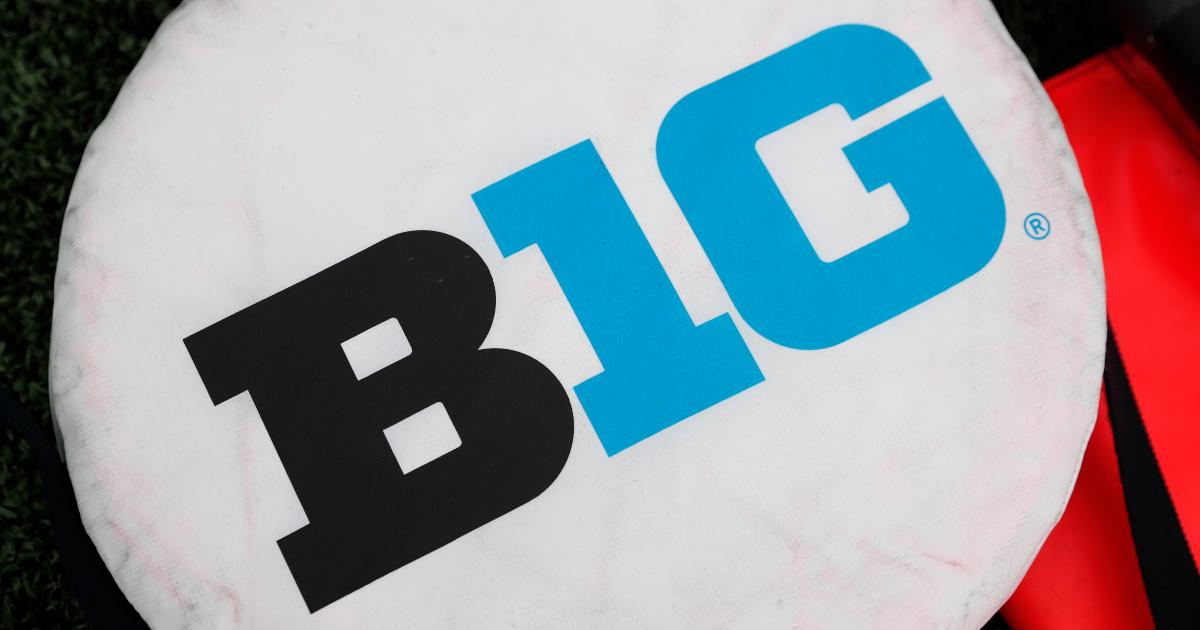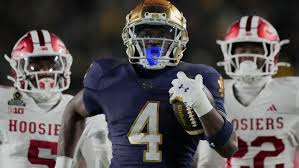The Indiana Hoosiers football team faced a tough loss at the hands of Notre Dame in the first round of the College Football Playoff, with a final score of 27-17. Despite the defeat, Indiana had an impressive season, finishing with an overall record of 11-2 under the guidance of head coach Curt Cignetti. The turnaround from the previous season, where the Hoosiers posted a 3-9 record in 2023, was nothing short of remarkable.
However, not everyone was convinced of Indiana's merit in making it to the Playoff. Some individuals on social media expressed skepticism about the Hoosiers' inclusion in the postseason, questioning whether they truly deserved a spot among the elite teams in college football.
One of the notable reactions to Indiana's loss came from ESPN play-by-play announcer Sean McDonough, who openly wondered if the Hoosiers should have been selected for the College Football Playoff in the first place. McDonough highlighted that Indiana's regular-season performance lacked impressive victories over ranked opponents, raising doubts about the strength of their resume compared to other contending teams like Alabama and SMU.
McDonough's booth partner, color commentator Greg McElroy, suggested that Indiana's affiliation with the Big Ten conference might have played a role in their Playoff selection. The discussion revolved around the perceived dominance of certain conferences, particularly the Big Ten and the SEC, and how it influences the evaluation of teams during the Playoff selection process.
The debate sparked by Indiana's loss to Notre Dame brings into focus the broader conversation around conference perceptions, strength of schedule, and the criteria used by the College Football Playoff committee to determine deserving teams. McDonough challenged the notion that the SEC and the Big Ten are inherently superior to other conferences, pointing out the success of teams from various leagues in recent national championship games.
Looking ahead, the aftermath of Indiana's Playoff exit prompts reflection on how college football teams are evaluated, selected, and ultimately judged on their performances. The complexities of conference dynamics, schedule strengths, and the subjective nature of assessing team qualifications underscore the ongoing debates and controversies that surround the College Football Playoff system.
As the college football landscape continues to evolve, discussions around parity, fairness, and the criteria used for postseason selections are likely to persist, shaping the narratives and storylines that define each season. For Indiana, the 2024 campaign may have ended in disappointment, but the journey and lessons learned along the way serve as valuable components in the ever-evolving narrative of collegiate gridiron competition.


